
I get it. Life’s busy, your brain is juggling work, family, bills… remembering where you put your keys feels like an Olympic event. What if I told you those little black-and-white grids—yep, crosswords—can help keep your mind sharper, memory stronger, and give your mood a sneaky boost all at once? Let’s wander down that lane together. (I promise, no cryptic clues!)
Why Puzzles Make Brains Happier
Let’s cut to it: Is all this about crosswords just hype? Or do they actually do anything for us? Turns out, the “brain gym” effect is real—and we have science to back it up.
Are Crosswords Like Weightlifting for Your Mind?
You know how your muscles get stronger the more you use them? Your brain, as fussy as it can be, loves a workout, too. And crosswords deliver leagues more than most people realize. In fact, actual research—like a study led by neuroscience teams at Duke and Columbia—shows that older adults who play crossword puzzles memory exercise regularly sharpen their recall noticeably more than folks fiddling with other brain games.
Wild, right?
Mini Story—My Dad, the Crossword Convert
Here’s a small confession. My dad used to roll his eyes at “brain games,” calling them gimmicks. But last year, after a friend challenged him, he started with just a daily puzzle over breakfast. Now? He’s (almost annoyingly) quick with word recall, and I swear his mood improved too. Even brags about his puzzle streak. I didn’t see that coming.
But… Do They Actually Slow Memory Decline?
Funny thing: they’re good for more than a passing distraction. According to a huge Harvard Health review, people with early memory trouble who jumped into crosswords outperformed those playing fancy computer games—seeing true improvements in cognition, and even some delay in brain shrinkage. Yes, brain shrinkage. Science is amazing (and honestly, a bit scary at times).
Comparison Table: Crosswords & Friends
| Brain Game | How It Helps | Fun Vibes | Needed Time |
|---|---|---|---|
| Crosswords | Vocabulary, recall, problem-solving | Relaxing; nostalgic | 10–20 min |
| Sudoku | Logic, numbers | Satisfying, but intense | 15 min |
| App-based brain exercises | Structured, targeted drills | More “gamey,” less social | 10–15 min |
Puzzles have that sweet spot: simple enough to not stress you out, but challenging enough to nudge your memory awake. If you want to sample some, sites like Arkadium or Play crossword puzzles memory exercise online free deliver a daily punch of brain-boosting fun (seriously, give it a try—if only to see if you can solve faster than your best friend).
From Hobby to Brain-Boosting Habit
So you’re convinced (or at least tempted). But where do you start? And how do you fit it into a life so hectic that “eat a vegetable” feels like a lofty goal?
What’s the Easiest Starting Point?
Don’t overthink it! All you need is your phone, laptop, or a newspaper if you’re feeling vintage. For pure convenience, go digital. Tap, click, solve… done. No sign-ups, shady ads, or printing needed. That’s why I like checking out the Play crossword puzzles memory exercise online free platform—a click and you’re in. Ten minutes, no pressure, and you can try again tomorrow (or later tonight, if you get the bug).
Sites like Lovatts and AARP also offer free crossword puzzles with a fun spin—one even has a nostalgic “Memory Lane” theme that’ll jog sleepy corners of your brain with clues about vintage music and movie facts. If you want to swap routine for a bit more playfulness, their puzzles inject just the right dose of daily trivia and challenge. Some even let you join in prize draws (maybe your brain wins you a coffee or two… how’s that for motivation?).
Real-Life Routine: Breakfast Crossword Club
This might sound like a sitcom, but honestly: a buddy and I swapped doom-scrolling for a morning crossword race on video chat. Two mugs of coffee, ten minutes, lots of laughing. We noticed—hand to heart—our memory and word recall got better in just a couple weeks. Suddenly, “What was her name—oh, right, Janet!” became second nature. Works solo, too, if you like quieter mornings.
What If You’re Not Good at Crosswords?
Maybe you’re glancing at these clues and drawing a blank. So what? Messing up is half the charm! Your brain still gets the workout. My strategy: Guess wildly, fill in the easy ones, and let your brain settle the rest overnight… sort of like letting sourdough rise, but with less flour. Next day—you’ll be surprised at what bubbles up. It’s not about perfection, it’s about practice.
Bonus: the more you do, the easier it gets. Trust me, I still blank on “four-letter river in Egypt”… but hey, now I know it’s NILE. You learn. You laugh at yourself. It all counts.
Why Crosswords Hit More Than Just Memory
Alright, we’ve covered the memory stuff. But here’s the sneaky bit: playing crosswords gives you a secret boost for your overall wellness. There’s more under the surface, like, say, hidden bonus rounds in old Mario games.
Can They Ease Stress and Anxiety?
Absolutely. Solving puzzles is a mini retreat for your brain. For those 10–15 minutes, it’s you, some clues, and no pings or work emails. Turns out, focusing on something “just tricky enough” shushes that mental noise and melts away stress.
Think of it as brain gardening. Chipping away at clues is calming, even meditative. I swear, after a particularly rambunctious family dinner, a crossword before bed is the best wind-down—like a palate cleanser for your mind.
Anecdote—Puzzle Pause in a Crazy Day
There was this Tuesday I was way too wound up. I ducked away for ten minutes, challenged myself to a mini-puzzle on Play crossword puzzles memory exercise free, and honestly… came back more patient and, well, nicer. Even my dog noticed.
How Often Should You Play?
This is not all-or-nothing! One big study—over 19,000 people, in fact—showed that folks who tackled word play once a week or more performed better on all sorts of cognitive tests. So, you don’t need daily marathons. A few puzzles a week still make waves according to the PROTECT study. Don’t pressure yourself. Even once a week puts you ahead of “never.”
Of course, you can do more. Some people work into a habit (like coffee or brushing teeth). Some play whenever their brain gets that “let’s do something smart” itch. Either way, progress is a win.
Building a Mindful, Playful Memory Ritual
Suppose you want to go beyond just “sometimes.” Here’s how you can sneak those play crossword puzzles memory exercise sessions into your regular wellness routine—without making it a chore.
What If Life Gets Hectic?
Give up on perfect streaks. Forgive yourself for missing a day—or a week. This is about progress, not pressure. I’ve had months where I didn’t touch a single crossword. But each time I picked it up again, it felt familiar, welcoming, like an old friend. You don’t lose “credit.”
Play On the Go
Long commute? Riding passenger? Waiting at the dentist? Play crossword puzzles memory exercise free on your phone, anywhere. Quick, easy, no fuss. Even five-minute mini-puzzles count. (Plus, major bonus: no mindless scrolling!)
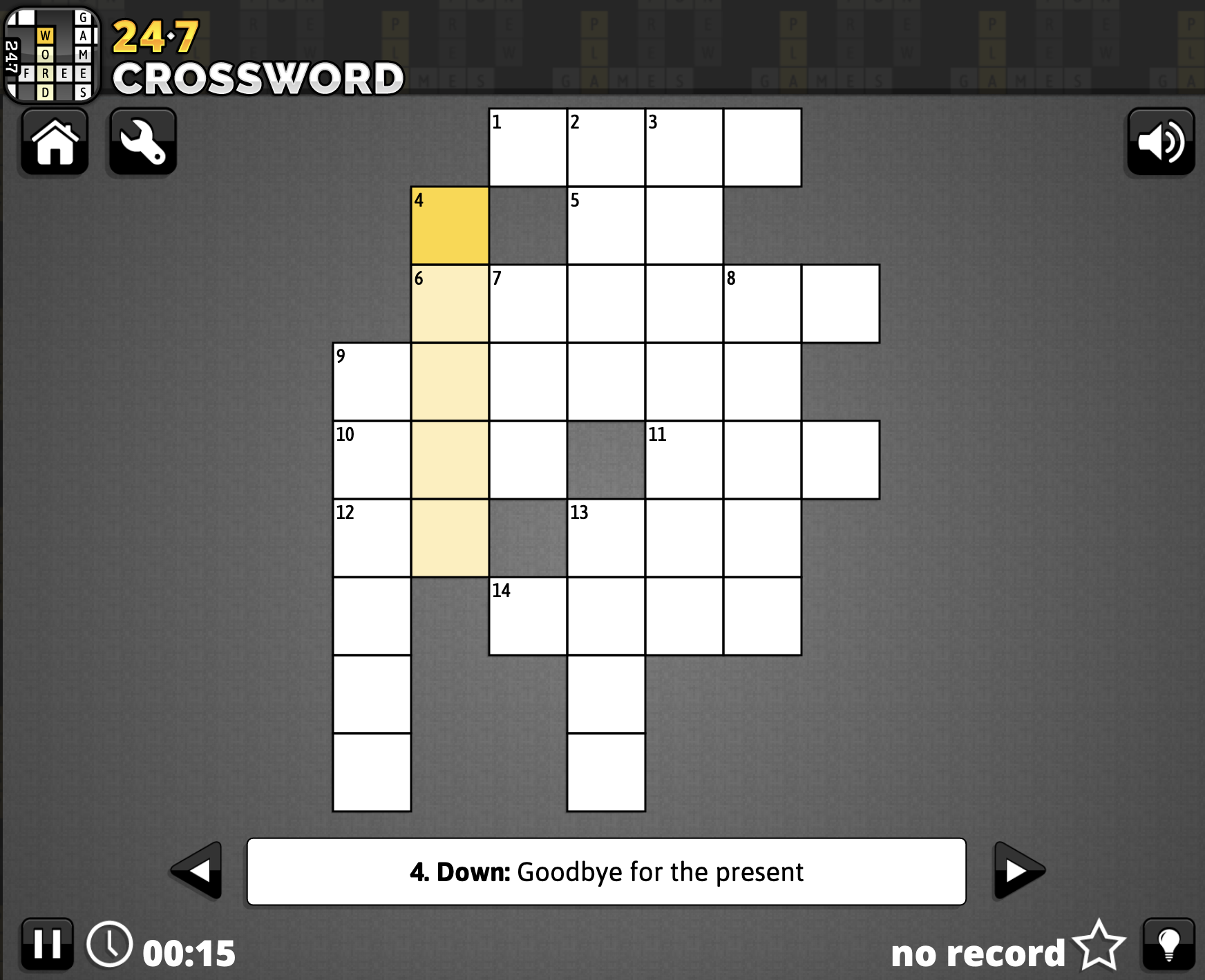
Making It Social (Or Not)
Full disclosure—I’m a bit competitive. I love doing a puzzle with friends, sharing “aha!” moments, and even trading tips. Makes memory wins even sweeter. But lots of folks prefer solo play, zoning out to their favorite playlist while they tackle clues. Both ways are gold.
In pandemic times, some families even started “virtual crossword clubs.” Silliness, minor spats over who gets the last clue, shared eureka moments. It doesn’t just nurture memory—it forges bonds. Kinda lovely, right?
Puzzles, Memory, and You: The Real Takeaway
Let’s step back.
There’s a reason doctors and scientists (yes, even the serious ones with big degrees) say working through crosswords isn’t just cute, it’s a legitimate tool for your brain. Not just according to a single small study—there are dozens, and they all have a theme: regular puzzle play makes memory sharper and staves off decline, even if you’re starting later in life according to recent research.
You’re not just passing time. With every clue you fill, you’re making your recall zippier, your vocabulary punchier, your brain a little more resistant to aging’s slow fade. And honestly? It’s more fun than any vitamin I’ve ever tried.
If you want to jump in with zero commitment, go with Play crossword puzzles memory exercise online free. You won’t get a bill, a password reset, or a hard sell. Just you, a puzzle, and the chance to make your brain your favorite companion again. Or… try the “Memory Lane” series and surprise yourself at all those facts you didn’t even know you remembered.
Wrap-Up: Your Brain Called—It Wants to Play
Hey, here’s the truth: There’s no magic bullet for endless memory. But you can hand your brain the best tools, one playful puzzle at a time. You don’t need to be a crossword champ. You don’t need hours. You just need ten minutes, a curious mind, and a willingness to laugh at your mistakes—as well as celebrate those tiny “aha!” wins.
So. Next time you’re reaching for your phone (we all do it), why not pop over to Play crossword puzzles memory exercise free or keep a puzzle handy for late-night brain snacks? It’s fun, proven, and might be the most valuable habit you ever add to your routine. What’s stopping you? Try a puzzle tonight—then let me know if you suddenly remember your neighbor’s dog’s name by tomorrow. Your future self (with a sharper, happier mind) will thank you.

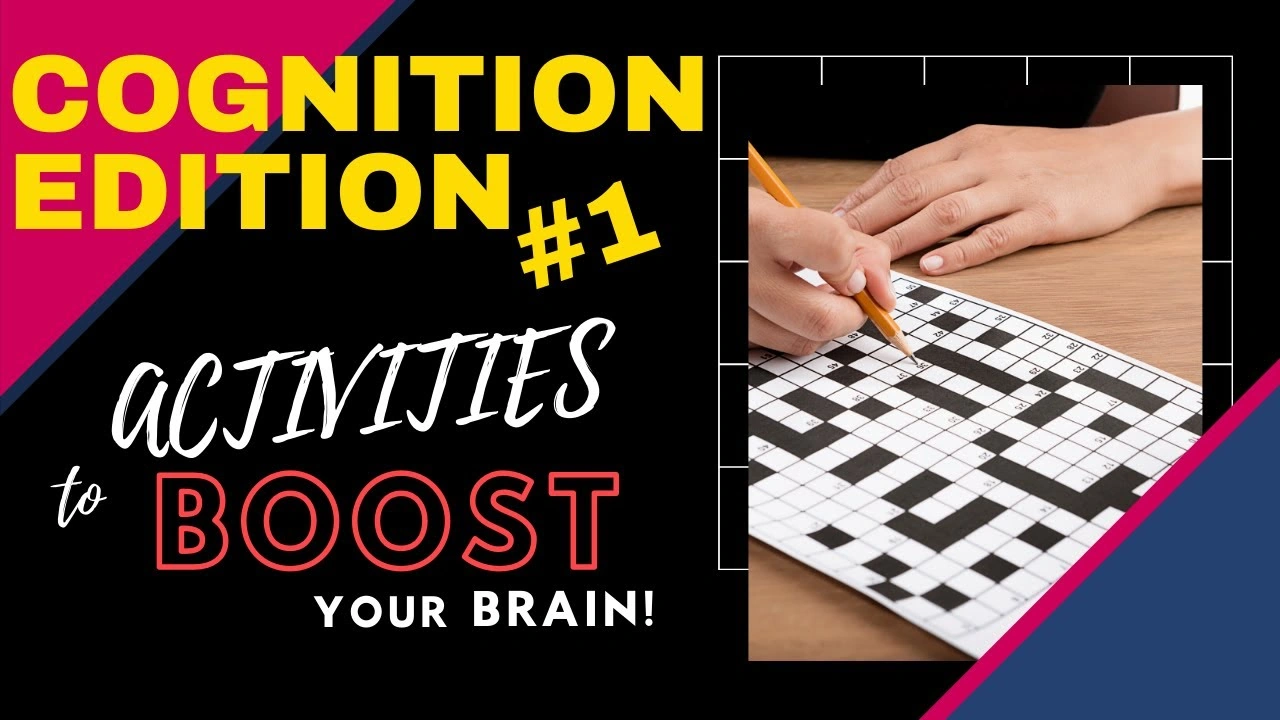
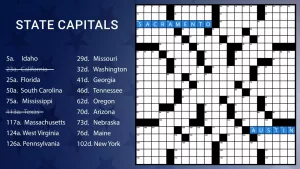

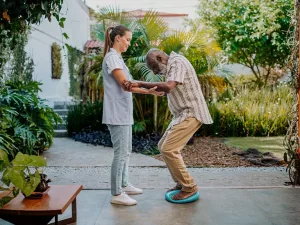



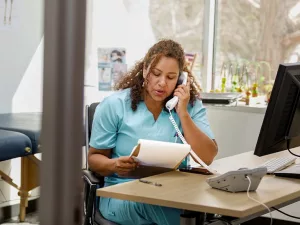



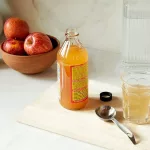

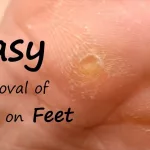


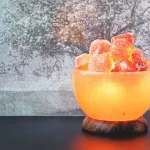


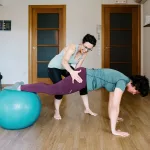


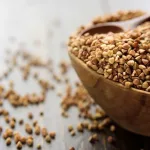

Leave a Reply
You must be logged in to post a comment.